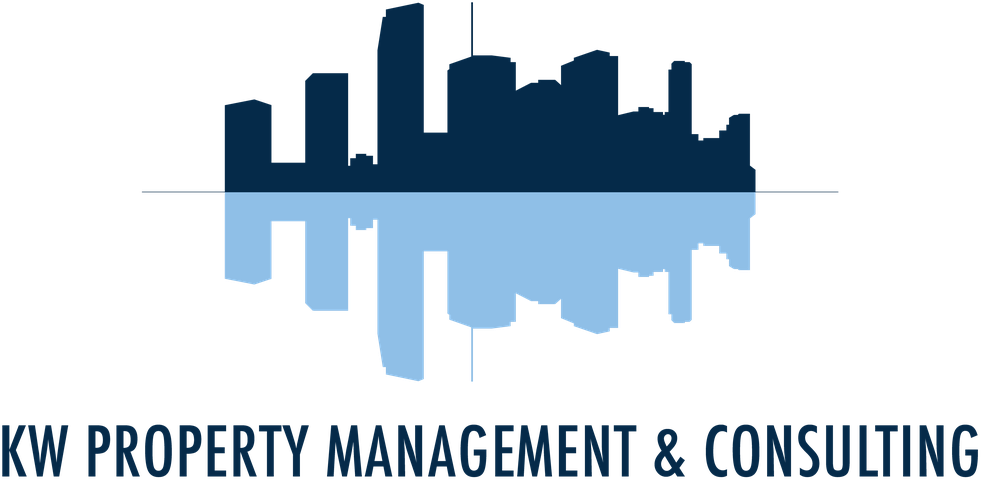Navigating HOA and Condominium Financial Management: Key Insights
Introduction:
In a recent discussion, industry experts shared valuable insights into the financial management of Homeowners Associations (HOAs) and condominiums. The conversation covered a range of topics, including budgeting, reserve studies, and the impact of recent legislative changes on financial planning. Understanding these elements is crucial for maintaining property values and ensuring financial stability. With the right strategies, associations can navigate financial complexities and secure a prosperous future for their communities.
Understanding the Financial Landscape
Experts emphasized the importance of financial stability for maintaining property values and ensuring the long-term viability of associations. They highlighted the need for associations to focus on financial stability rather than solely on maintenance fees. This approach helps maintain property values and ensures that associations are prepared for unexpected expenses.
Starting the budgeting process early is crucial. Associations should focus on their top three expenses and be realistic about their financial needs. Walking the property and understanding its specific needs can help associations create a budget that protects, preserves, and enhances property values. This proactive approach allows associations to anticipate potential financial challenges and address them before they become significant issues.
Key Takeaways from the Webinar
– Financial Stability: Prioritize financial stability to maintain property values. This involves creating a comprehensive financial plan that accounts for both short-term and long-term needs.
– Budgeting: Start early and focus on top expenses. Early budgeting allows associations to allocate resources effectively and avoid last-minute financial scrambles.
– Property Assessment: Regularly assess property needs for accurate budgeting. Conducting thorough property assessments ensures that budgets reflect actual maintenance and improvement needs.
The Role of Reserve Studies
The importance of reserve studies in financial planning was a key topic. Reserve studies help associations plan for future capital expenses and ensure that funds are available when needed. It is recommended to update reserve studies annually to account for inflation and changing costs. Associations should fully fund their reserves to avoid financial shortfalls in the future.
Reserve studies provide a detailed analysis of the association’s assets and their expected lifespan. By understanding when major repairs or replacements are likely to occur, associations can plan their finances accordingly. This foresight prevents financial strain and ensures that necessary funds are available when critical projects arise.
Actionable Insights You Can Apply
– Annual Updates: Update reserve studies annually to reflect current economic conditions and inflation rates. This ensures that financial plans remain relevant and effective.
– Full Funding: Ensure reserves are fully funded to cover anticipated expenses. Fully funded reserves act as a financial safety net, protecting associations from unexpected costs.
– Future Planning: Plan for capital expenses proactively to avoid financial shortfalls. Proactive planning allows associations to allocate resources efficiently and avoid financial surprises.
Navigating Legislative Changes
Recent legislative changes have introduced new requirements for condominium associations, particularly regarding Structural Integrity Reserve Studies (SIRS). These studies must be included in the 2025 budget, and associations must fully fund them by 2026. Associations should work closely with their reserve study providers to ensure compliance with these new requirements.
Legislative changes can significantly impact financial planning for associations. Staying informed about new laws and regulations is essential for maintaining compliance and avoiding potential penalties. Associations should establish a process for regularly reviewing legislative updates and adjusting their financial plans accordingly.
Expert Quotes & Commentary
“Legislative changes are reshaping the financial landscape for associations. Compliance is not just a requirement but a pathway to financial stability.”
“Understanding the nuances of new regulations is crucial for associations. By working closely with reserve study providers, associations can ensure they meet all legislative requirements.”
Investment Strategies for Associations
Investment strategies for associations were also discussed. Establishing an investment strategy that differentiates between operating and reserve funds is recommended. Operating funds should remain liquid to cover day-to-day expenses, while reserve funds can be invested in longer-term instruments to earn higher returns.
Investing reserve funds wisely can significantly enhance an association’s financial stability. By choosing investment vehicles that offer higher returns, associations can grow their reserves and better prepare for future expenses. However, it’s important to balance risk and reward, ensuring that investments align with the association’s financial goals and risk tolerance.
Audience Q&A Highlights
– Q: How can associations ensure compliance with new legislative changes?
– A: Work closely with reserve study providers and update studies annually. Regular communication with legal experts can also help associations stay informed about legislative changes.
– Q: What are the best practices for budgeting?
– A: Focus on top expenses and start the process early. Utilize financial software to streamline budgeting and track expenses effectively.
– Q: How can associations differentiate between operating and reserve funds?
– A: Operating funds should remain liquid, while reserve funds can be invested for higher returns. Establish clear guidelines for fund allocation to ensure financial stability.
– Q: What role do reserve studies play in financial planning?
– A: Reserve studies provide a roadmap for future capital expenses, ensuring funds are available when needed. Regular updates keep financial plans relevant and effective.
– Q: How can associations maintain financial stability?
– A: By focusing on budgeting, reserve studies, and strategic investments. Collaborating with financial experts can enhance planning and execution.
Challenges Discussed and Solutions Provided
Associations face challenges such as unexpected expenses and legislative compliance. Solutions include proactive budgeting, regular reserve study updates, and strategic investment planning. By addressing these challenges head-on, associations can enhance their financial resilience and ensure long-term success.
Final Thoughts from the Webinar
The discussion provided valuable insights into the financial management of HOAs and condominiums. By focusing on financial stability, updating reserve studies, and complying with legislative changes, associations can ensure their long-term success. Working with professional management companies and leveraging their expertise can help navigate the complexities of association financial management.
Conclusion:
For associations looking to enhance their financial planning, these insights offer a roadmap to success. By prioritizing financial stability and strategic planning, associations can protect their investments and ensure a bright future for their communities. Don’t miss out on future webinars—subscribe now to stay informed!
At KWPMC, we are committed to providing expert guidance and support to help associations achieve financial stability and success. Contact us today to learn how we can assist your community in navigating the complexities of financial management.

